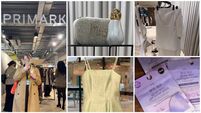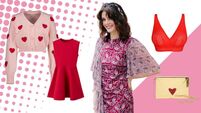Did Covid-19 kill men's suits?

The death of the suit has long been a fixation of men around the globe. In the past two decades, work attire has been less focused on a two-piece suit than smart-casual: jeans, a sweater, and relaxed but smart shoes will suffice.
The tie has made a beggarly attempt to stay in men’s wardrobes. Adidas Ozweego trainers are the new Oxfords.







